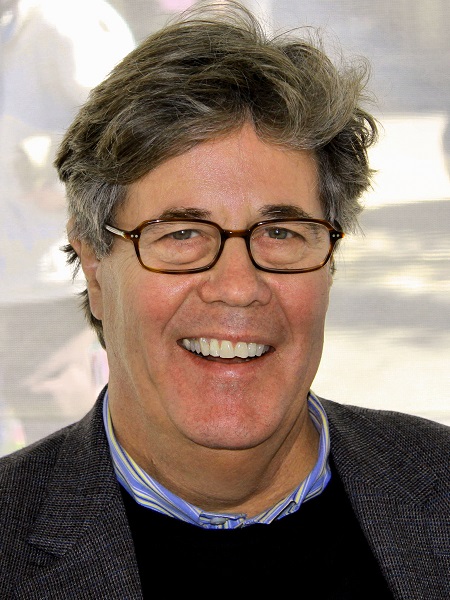For as long as I can remember, the Thanksgiving holiday in the United States has included the playing of the gridiron style of football born in North America. A tradition throughout that time has included a game being hosted in Detroit, Michigan by the Detroit Lions and another in Dallas, Texas hosted by the Dallas Cowboys. With the Thanksgiving holiday tomorrow, we take a look at a fictionalized version of the Cowboys‘ team from the 1960s. Presented as satire was the Ted Kotcheff directed movie called North Dallas Forty (1979).

The movie was based on Peter Gent‘s 1973 bestselling book named North Dallas Forty. Gent, of Bangor, Michigan, was presented as receiver Phil Elliott of the North Dallas Bulls, with Nick Nolte portraying him in the movie. The movie aims to offer a somewhat simplified version of the portrait within the book for the way of life in professional football in general and for the Dallas Cowboys as coached by Tom Landry when Gent played there. Within the film, Landry translated to B.A. Strothers, as portrayed by G.D. Spradlin.

Elliott as a player is presented as having really good hands, which means that he is better than most at catching passes thrown his direction. Seth Maxwell throws the passes for the Bulls as the quarterback. Maxwell, as portrayed by Mac Davis, and Elliott both are shown to enjoy parties that include drugs, alcohol and access women willing to enjoy time with professional athletes. Seth Maxwell is modeled on former Cowboys quarterback Don Meredith of Santa Fe, New Mexico. Elliott is shown to simply wish to play the game and then retire to a horse farm with his girlfriend Charlotte Caulder. Caulder was portrayed by Dayle Haddon.

The film focuses on the gritty realism of the game through the perspective of the players. The blind eye to the realities of what players experienced simply to get onto the field from practice to practice and game to game were big points of emphasis for the film. Rookie receiver Delma Huddle and the veteran Phil Elliott were central to a storyline about the approaches to injuries, pain management and the use of painkillers. The grading system for every player by coach B.A. Strothers furthered the narrative of a process out-of-touch with the humanity of the players. An emotional eruption between player O.W. Shaddock and Coach Johnson provides further evidence of this. Charles Durning portrayed Coach Johnson as John Matuszak portrayed O.W. Shaddock. Tommy Reamon portrayed Delma Huddle.

The movie deals further in satire specifically in bringing the human factor into the way the grading system was used, in addition to the means for how Phil Elliott separates from the North Dallas Bulls. Factors that run counter to Elliott’s desire to play and contribute sours the player to the way the process worked, pointing out that the human factor colors perceptions of fairness, appropriateness and why individuals wish to participate at all. With all the suffering underpinning the game of professional football, the message of whether the sacrifice is worth it comes to bear.

(Grant Kilpatrick as Monsignor in the Ted Kotcheff movie North Dallas Forty).
I particularly enjoyed North Dallas Forty as a movie exploring the realism for how physically and emotionally difficult the sport is. I appreciate that the movie explored notions of the humanity of the people playing and coaching the sport, regardless of whether I feel that the book itself gave a balanced accounting of the leadership perspectives shown to be lacking. I rate North Dallas Forty as directed by Ted Kotcheff 3.75-stars on a scale of 1-to-5.
Matt – Wednesday, November 23, 2022







